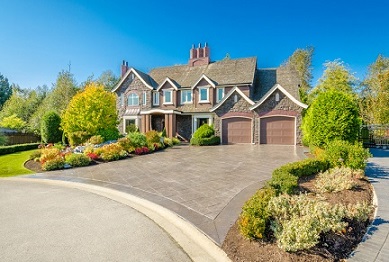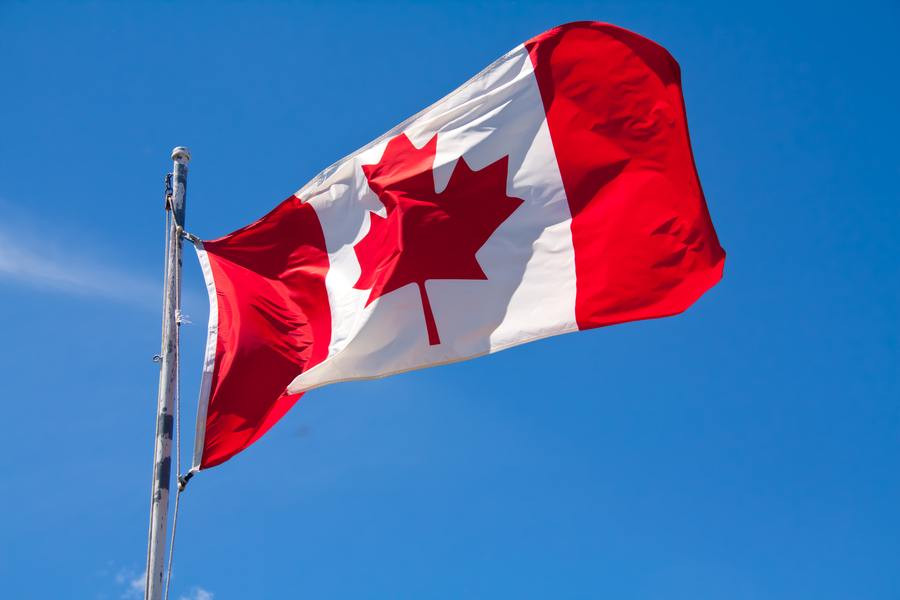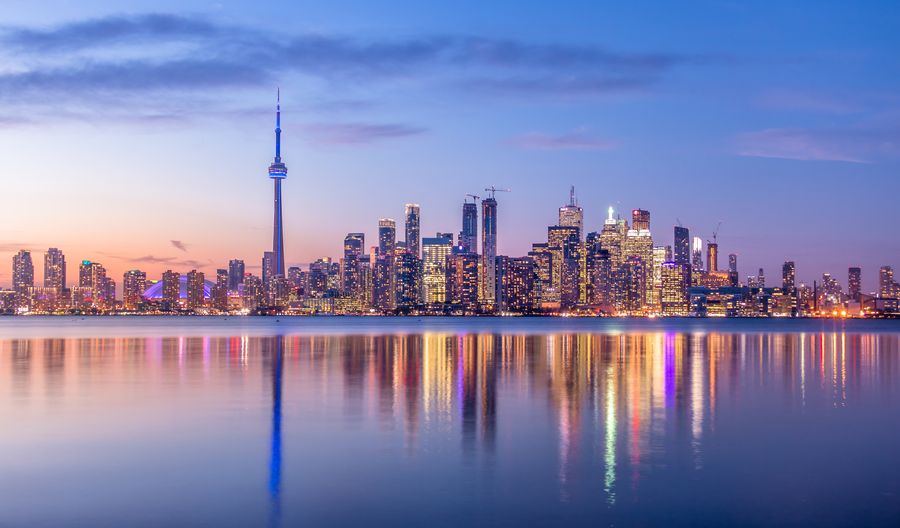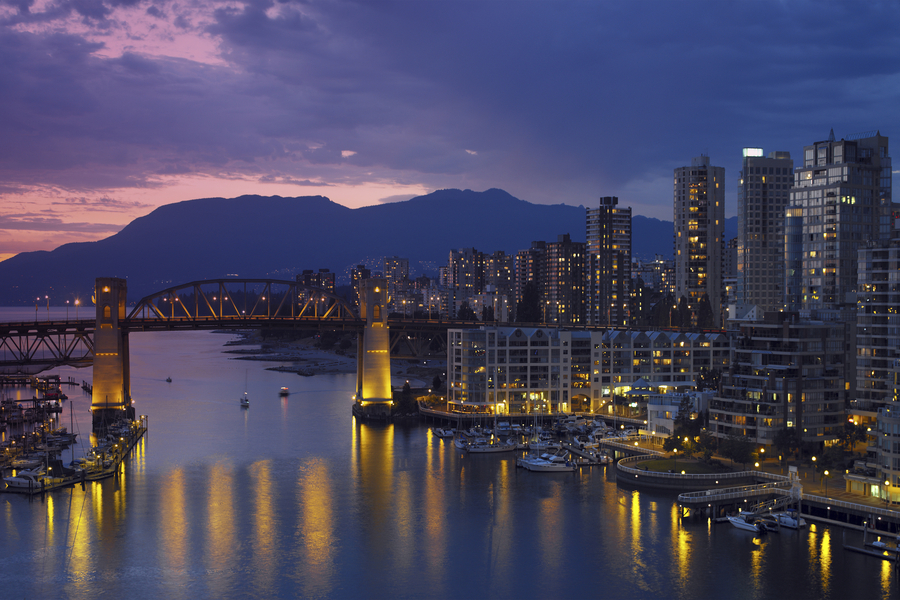Vancouver and Toronto have long stolen headlines for their searing real estate markets, but Montreal has begun jockeying for positon and appears to have staked its claim in the $1mln-plus category.
According to data organized by Sotheby’s International Realty Canada, luxury sales in Canada’s second-largest city jumped 20% year-over-year through January and February, culminating in 104 units sold. According to Sotheby’s President and CEO Brad Henderson, Canada’s increased immigration quota in tandem with infrastructure investment have made Montreal attractive on the international stage again.
“Next to Toronto, Montreal is largest recipient of the 300-something-thousand individuals who come to Canada every year,” he said. “Net growth translates into demand for real estate, and prices in Montreal, compared to Toronto and Vancouver, are a bargain.”
Montreal-based chartered broker Amy Assaad of Royal LePage says that Westmount remains the most expensive part of the city, with prices increasing 8% year-over-year from $1.6mln to $1.75mln. However, there were bigger gains downtown west of de Bleury St.
“We have less inventory, so it’s made it more of a seller’s market,” said Assaad. “Different areas increased in value, like Ville Marie West and the Golden Square Mile. The average sale prices of homes there both increased from $1.360mln in 2016 to $1.508 in 2017, an 11% increase. But they’re not considered the high-end areas of Montreal. Westmount is, and there was only an 8% increase last year.”
Some of the infrastructure projects the city has undertaken include a new Champlain Bridge—one of the busiest in North America—a light rail transit system—which Michael Sabia of the Caisse de dépôt et placement du Québec called the fourth-largest automated transit system in the world—connecting Pierre Elliott Trudeau International Airport with downtown, and there’s also talk about expanding the below-grade Metro system with a new line.
All of these things will allow the city to increase its labour force and grow beyond the Island of Montreal.
“If you think about Toronto and how long it takes anybody to get around, the cost of the lack of investment in our roads and public transit has cost the city dearly in terms of productivity,” said Henderson. “A market like Montreal is still plagued with traffic, as most cities are, but infrastructure will be of benefit when it’s complete in the next 10 years and make it more liveable. They’re investing in the future growth of the Montreal market, where Toronto and Vancouver, in particular, have fallen somewhat behind, and the cost of gridlock and commuting have affected the cities’ abilities to grow.”
Neil Sharma is the Editor-In-Chief of Canadian Real Estate Wealth and Real Estate Professional. As a journalist, he has covered Canada’s housing market for the Toronto Star, Toronto Sun, National Post, and other publications, specializing in everything from market trends to mortgage and investment advice. He can be reached at neil@crewmedia.ca.









